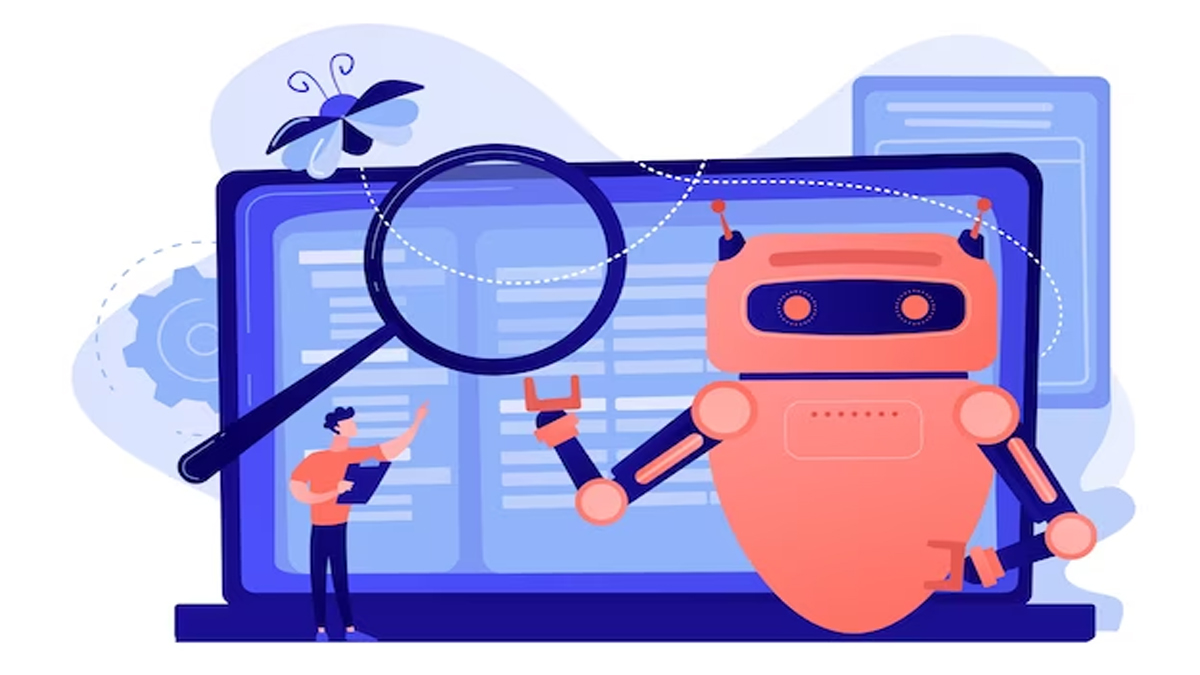By leveraging AI, legal researchers can enhance their efficiency and accuracy in several ways:
- Automated Document Review:
AI can efficiently review and analyze large volumes of legal documents, such as contracts, court cases, and legal briefs. It can identify relevant sections, extract key information, and provide summaries, saving significant time and effort for legal researchers. - Legal Research Assistance:
AI-powered research platforms can help legal professionals access comprehensive legal databases, journals, and case law repositories. These platforms utilize AI algorithms to quickly retrieve relevant legal information, reducing the time spent manually searching through vast amounts of data. - Natural Language Processing:
AI systems equipped with NLP capabilities can understand and interpret human language, enabling legal researchers to formulate complex queries in plain language. This streamlines the research process by eliminating the need for specialized search syntax and allows researchers to obtain more accurate and relevant results. - Legal Analytics:
AI can analyze patterns and trends within legal data, including past cases and court decisions. By extracting valuable insights from this data, AI systems can assist legal researchers in predicting case outcomes, evaluating legal strategies, and identifying potential risks or opportunities. - Legal Document Generation:
AI-powered tools can generate legal documents, such as contracts or legal briefs, by analyzing templates and extracting relevant information from user input. This automation saves time and reduces the chances of errors or omissions, ensuring accuracy in document creation. - Case Prediction and Legal Research Prediction:
AI algorithms can analyze a vast array of legal data to identify patterns and correlations. By analyzing previous cases, AI systems can provide predictions on the possible outcomes of ongoing litigation, aiding legal professionals in decision-making and case strategy. - Quality Control and Error Detection:
AI algorithms can assist in quality control processes by detecting inconsistencies, errors, or missing information in legal documents. This reduces the chances of oversight and ensures accuracy and completeness in legal research and documentation.
While AI enhances efficiency and accuracy in legal research, it’s important to note that AI systems should be used as tools to augment human expertise, rather than replace it. Legal professionals should exercise critical judgment and verify the results generated by AI systems to ensure accuracy and make informed decisions.
Additionally, it is crucial to address ethical considerations, such as data privacy, bias, and transparency when implementing AI in legal research. Transparency in AI algorithms and continuous monitoring can help mitigate biases and ensure that the technology is used responsibly and ethically.
